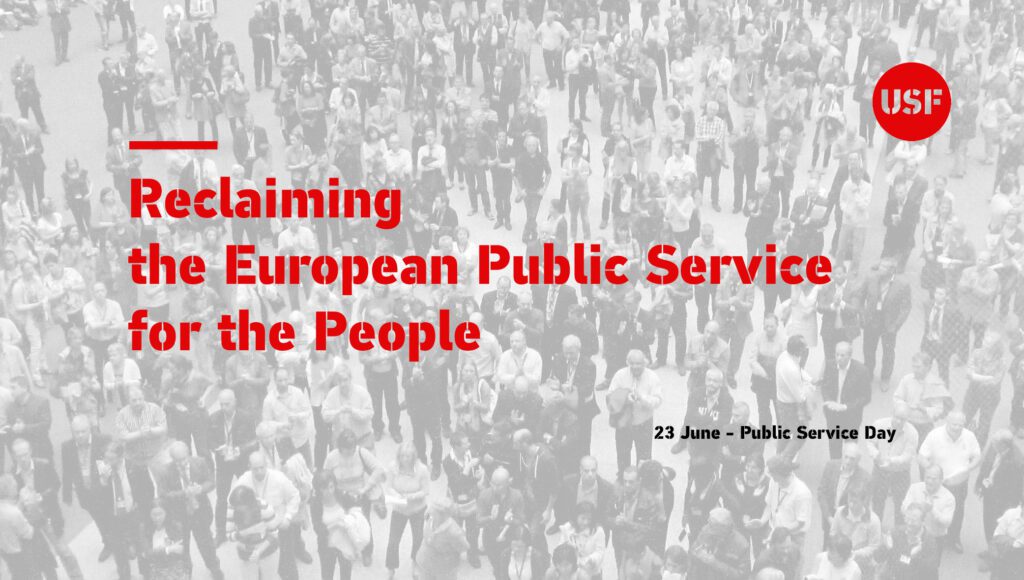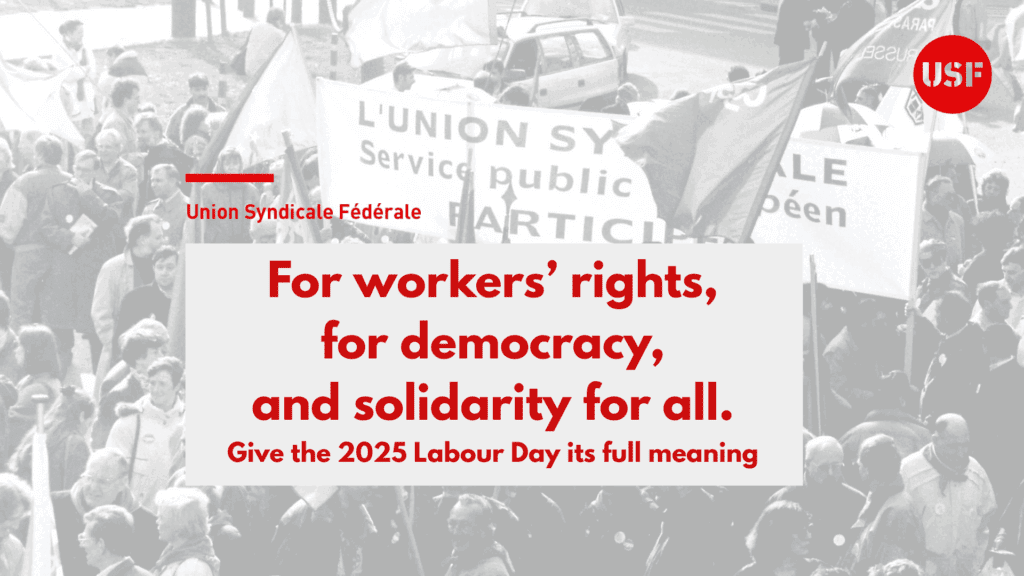A Book Review : ‘Friday is The New Saturday’
In a world where the traditional workweek has long been accepted as the norm, conversations among colleagues regarding a four-day workweek have often remained just that—casual discussions. The idea never progressed beyond the realm of talk because we had grown so accustomed to the rhythm of the five-day workweek. There simply seemed to be no compelling reason to challenge the status quo.
It wasn’t until the onset of the Covid-19 pandemic that we were forced to reconsider our work patterns. The pandemic served as a catalyst, revealing that we could indeed adapt and find new ways of working. Concepts such as remote work, hybrid models, flexible schedules, and more became not only feasible but essential for maintaining productivity and achieving a healthier work-life balance. As a result, discussions about the possibility of a four-day workweek have gained renewed momentum, yet they still struggle to gain traction in a world where the five-day workweek is deeply entrenched. We find ourselves in a paradox: intrigued by the idea but uncertain of how to make it a reality.
Here Pedro Gomes and his enlightening book enter the picture. “Friday is The New Saturday” not only reignites the conversation but fuels it with a robust, data-backed argument. Gomes, in his meticulous exploration, exposes the cracks in our current workweek structure. He vividly illustrates the toll of relentless five-day workweeks, showcasing the spectres of burnout, stress, and the erosion of work-life balance. The reader is left with a palpable sense of the personal and societal costs of this outdated approach.
A significant strength of the book is its comprehensive examination of real-world experiments and case studies from across the globe that have successfully implemented the four-day workweek. Gomes presents compelling examples of companies and entire countries that have boldly embraced this shift, illuminating the positive effects on employee morale, creativity, and overall productivity.
Going further, Gomes unravels the economic implications of adopting a four-day workweek. He persuasively argues that reducing the workweek can yield enhanced productivity per hour, a decrease in absenteeism, and the creation of fresh employment opportunities. The thesis posits that this shift could catalyze a more efficient and sustainable economy over the long haul.
However, “Friday is The New Saturday” is not just an ode to change but a pragmatic roadmap for its realization. Gomes astutely acknowledges that a four-day workweek is not a universal remedy and not a one-size-fits-all solution but a concept requiring careful planning and adaptation to different industries and cultures. The book addresses the potential challenges and obstacles in implementing such a transition. The book thus provides invaluable recommendations and insights for policymakers and employers contemplating this transformative shift. He provides practical recommendations and insights for both policymakers and employers interested in pursuing this change.
The writing style is clear and accessible, making it easy for readers with various backgrounds to engage with the topic. Gomes combines research data with real-world examples and personal anecdotes, making the book engaging, surprisingly funny and relatable.
The book stands as a compelling and thought-provoking contribution to the ongoing discourse surrounding the workweek. It masterfully explores the potential benefits of a four-day workweek, illuminating how such a change could bolster individual well-being and invigorate the broader economy. It presents an inspiring vision of the future of work, emphasizing the numerous positive aspects of transitioning to a four-day workweek and exploring its feasibility in today’s conditions and situations. While it may not possess all the answers, it serves as a beacon guiding us through the labyrinth of work-life balance and economic sustainability. A must-read for anyone intrigued by the future of work and the welfare of the workforce.




